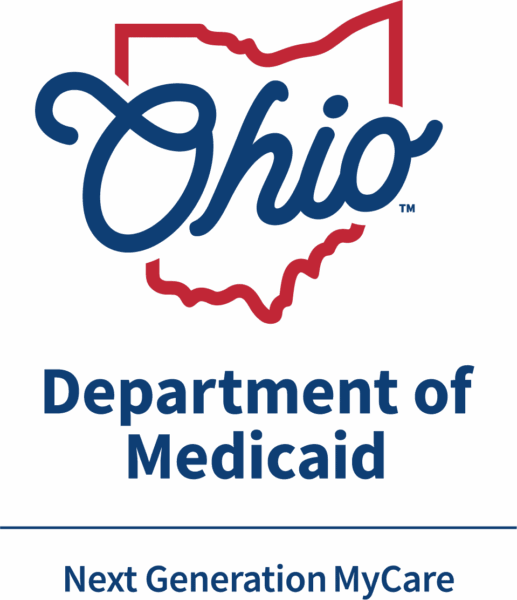
The Importance of Caregiver Support Groups
Caregiver support groups offer a lifeline for those who dedicate their lives to caring for a loved one or others. These groups provide several key benefits:
- Emotional Support: Caregiving can be emotionally taxing, leading to stress, anxiety, and depression. Support groups offer a space where caregivers can share their feelings and experiences with others who understand their challenges.
- Information and Resources: Support groups often provide valuable information about managing specific health conditions, navigating healthcare systems, and accessing community resources.
- Coping Strategies: Experienced caregivers can share practical advice and coping strategies, helping newcomers manage their responsibilities more effectively.
- Social Connection: Isolation is a common issue for caregivers. Support groups help them build connections and reduce feelings of loneliness.
Caregiver Support Groups in Georgia
Georgia offers a variety of support groups for family caregivers, addressing different needs and circumstances. These groups are often organized by non-profits, healthcare organizations, and community centers. Some notable examples include:
The Georgia Caregiver Support Group Network
This statewide initiative provides a directory of support groups, offering resources, assistance and connections for caregivers across Georgia. The network helps caregivers find groups tailored to specific conditions, such as Alzheimer’s disease or cancer.
Alzheimer’s Association Georgia Chapter
This organization offers support groups specifically for caregivers of individuals with Alzheimer’s and other dementias. They provide both in-person and virtual meetings, ensuring accessibility for caregivers in different locations.

Emory Healthcare
Emory offers various support groups for caregivers of patients dealing with conditions like Parkinson’s disease, cancer, and stroke recovery. These groups are often facilitated by healthcare professionals, providing expert guidance, personal care, and support.
The Role of Medicaid Fiscal Intermediaries
Medicaid fiscal intermediaries play a critical role in supporting caregivers by facilitating access to support groups, programs and other resources. Here are some ways they can help:
- Information Dissemination: Fiscal intermediaries can ensure that caregivers are aware of available support groups by providing information through newsletters, websites, and during consultations.
- Referrals: When caregivers contact Medicaid offices, staff can refer them to appropriate support groups and resources, helping them find the support they need quickly.
- Partnerships: Collaborating with organizations that run support groups can help intermediaries provide comprehensive support to caregivers. By forming partnerships, Medicaid offices can streamline referrals and resource sharing.
- Education and Training: Offering training sessions for caregivers on how to access and benefit from support groups can empower them to seek and utilize these resources effectively.
Conclusion
Caregivers in Georgia perform an invaluable service, often at great personal cost. Support groups provide crucial emotional, informational, and social support that can help caregivers manage their responsibilities and maintain their own well-being. For Medicaid fiscal intermediaries, understanding the landscape of caregiver support groups and facilitating access to these resources is essential. By doing so, they not only support caregivers but also enhance the overall effectiveness and sustainability of caregiving in Georgia.
In conclusion, the role of Medicaid fiscal intermediaries extends beyond financial management to being advocates and connectors for caregivers. By prioritizing support and services for these unsung heroes, we can build a stronger, more resilient community where both caregivers and those they care for thrive.






